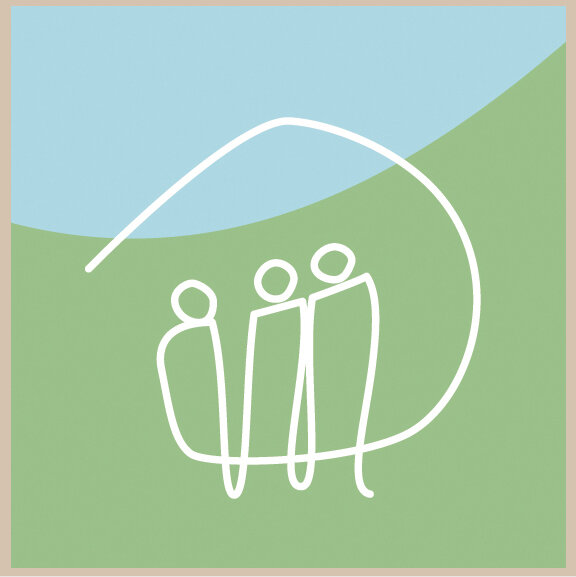Neurodivergent community living: Cohousing workshop
Building a Future for Neurodiverse integrated Communities in North America
Neurodivergent Community Living: Cohousing Workshop six-part Series
The workshop series explores innovative approaches to neurodivergent cohousing that foster independent living and strengthen community ties, offering an detailed look at the potential for neurodivergent communities across North America. Through an in-depth examination of trends, case studies, and innovative models, highlighting opportunities to promote inclusion, neuro-typical integration, and sustainable living through neurodivergent cohousing efforts, participants will gain the knowledge and tools needed to improve the quality of life for neurodivergent individuals.
Six-Part | 90-minute Online Workshops / $600
Wednesdays February 5 to March 12, 2025
4:00 pm (Pacific Time) | 7:00 pm (Eastern Time)
Antioch University offers group rates up to 50% off the standard fee for individuals in a qualified group of 10 or more. This is available to school districts, all business sectors, non-profit organizations, and small community and family organizers. Please email continuing-education@antioch.edu to learn more.
Value and Key Outcomes: Participants will explore the latest developments shaping neurodiverse communities, including policies, programs, and societal shifts. Dissecting successful initiatives will offer guidance on fostering inclusive environments. We will discuss strategies to advocate for belonging, accessibility, and social integration. As well as collaborative learning and interactive activities that provide opportunities to connect and network with like-minded advocates, professionals, and community leaders.
This course is for all: advocates, legislators, non-profit staff, housing developers, municipal employees, architects, planners, designers, grassroots organizers, activists, urban volunteers, self-advocates & family members, and all good citizens interested in taking action on this topic. The program is particularly useful to the parents of neurodivergent children, who are at their wits end, and need a cooperative effort to mitigate the obvious endless effort necessary to care for a neurodivergent child.
By the end of the series, participants will be empowered with the tools to plan and build a sustainable community that not only supports, but uplifts neurodivergent individuals, paving the way for a more inclusive future across North America.
Session 1| February 5, 2025
Gathering the people
How to garner a large covey of cohorts for a Neurodiverse community. Learn how to identify, attract, and engage people interested in creating a neurodiverse community. Topics include organizing and outreach strategies, collaboration techniques, and the role of neurodiverse individuals and allies in co-creating these spaces.
Session 4 | February 26, 2025
Design criteria
Discover how to design a community that meets both functional, social, and sensory needs: This session covers efficient design processes, from working with architects and planners to selecting features that enhance well-being and accessibility for neurodiverse residents. This session also covers working with the allies involved, peers, that play the most important role. Selecting features and designs that enhance well-being and accessibility for neurodiverse residents.
Session 2 | February 12, 2025
Site options
Initiate the process of finding a site for your project. Navigating zoning laws and gaining municipal or local government approval is essential for any community project: Participants will learn about building relationships with local officials, advocating for neurodiverse cohousing, and managing bureaucratic challenges along the way.
Session 5 | March 5, 2025
Funding
Securing funding can be one of the biggest hurdles, but it’s doable: This session provides a roadmap for financing the project, including exploring grants, public-private partnerships, loans, and crowdfunding campaigns. Participants will also learn how to develop a compelling financial plan to attract supporters, investors, and work with peers.
Session 3 | February 19, 2025
Feasibility
Make your plan and start getting your project built. This session outlines the major elements involved in building a neurodiverse cohousing community. Participants will learn about infrastructure, design, budgeting, materials, and project management at a high level to promote efficient and successful project execution.
Session 6 | March 12, 2025
management and transistion to community
Moving in and transitioning to community life is just the beginning. The stage is set for the residents and the community, time to set them up for success. We will cover the transition from construction to community life, including onboarding new members, maintaining the community, setting up governance, and creating shared agreements, establishing a vibrant, supportive culture for all residents.
The program meets CE Credit Certificates and Professional Development Requirements.
An Antioch University Professional Development Certificate
With Charles Durrett, Architect Emeritus AIA
AIA and AICP CE Self-Reported Learning Units







